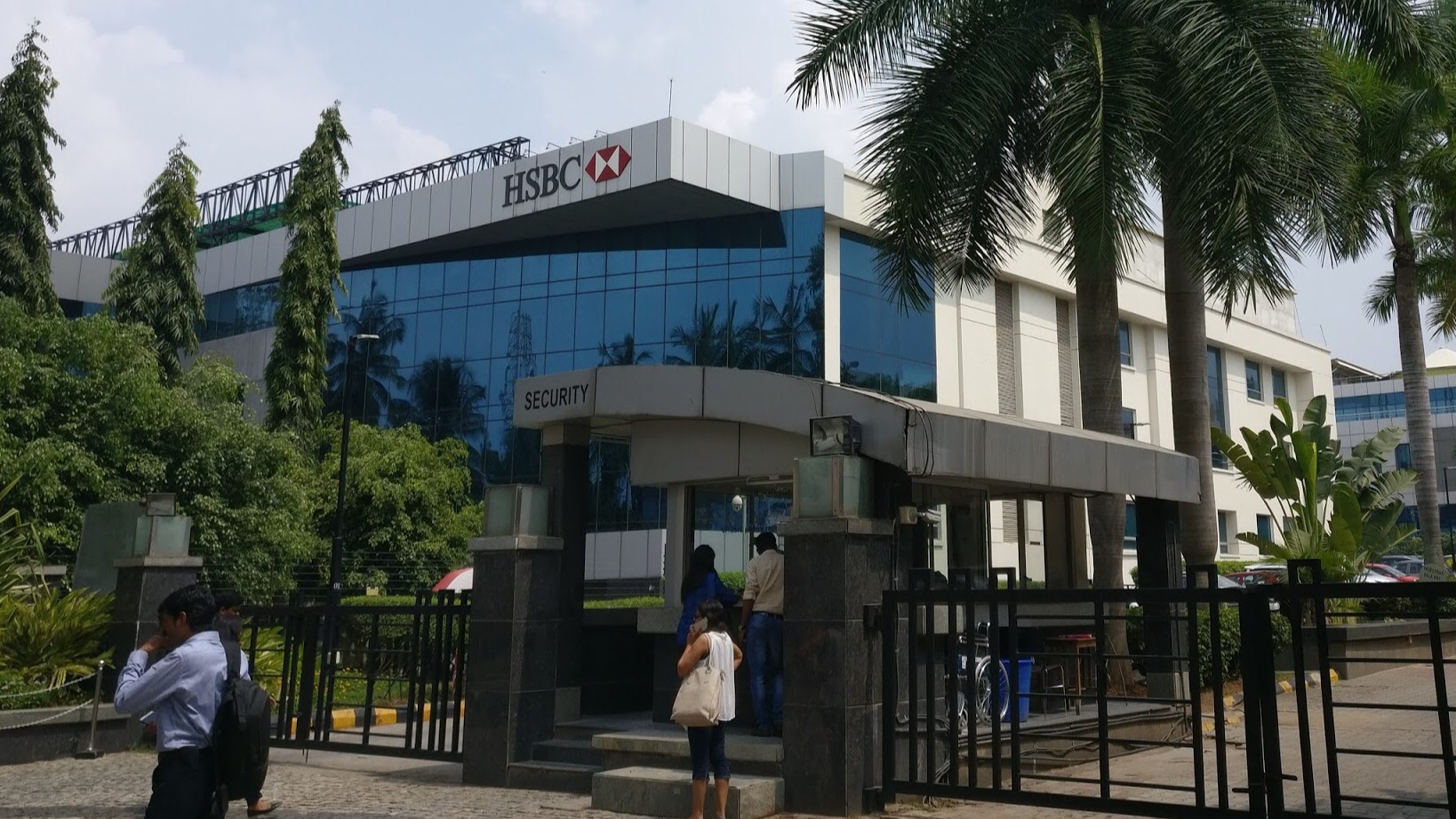The US arm of ICBC, China’s largest commercial bank, was this week hit by a ransomware attack that reportedly disrupted trades in the US Treasury market.
During a news conference, a spokesperson from China’s foreign ministry said that the bank is attempting to reduce any risk and losses following the incident.
According to reports, ministry spokesperson Wang Wenbin said that the bank has been closely monitoring the matter and has “done its best” in its emergency response.
On Friday, Reuters said that several ransomware experts believe the cybercrime gang Lockbit to be behind the incident. However, the news agency added that the group's site on the dark web – which usually lists victims of its attacks – does not include ICBC.
Oz Alashe, founder and chief executive of human risk management platform CybSafe said that while there is currently no clarity on who was behind the ransomwares attack, the ripple effect of the incident on the broader market is clear.
“The ICBC incident is a reminder of the high stakes involved and the essential role of placing people and measurable behaviour change central to safeguarding an organisation's digital assets,” he continued.
FStech has reached out to ICBC for further comment.
Latest News
-
Gemini to cut quarter of workforce and exit UK, EU and Australia as crypto slump forces retrenchment
-
Bank ABC’s mobile-only ila bank migrates to core banking platform
-
Visa launches platform to accelerate small business growth in US
-
NatWest to expand Accelerator programme to 50,000 members in 2026
-
BBVA joins European stablecoin coalition
-
eToro partners with Amundi to launch equity portfolio with exposure to ‘megatrends’
Creating value together: Strategic partnerships in the age of GCCs
As Global Capability Centres reshape the financial services landscape, one question stands out: how do leading banks balance in-house innovation with strategic partnerships to drive real transformation?
Data trust in the AI era: Building customer confidence through responsible banking
In the second episode of FStech’s three-part video podcast series sponsored by HCLTech, Sudip Lahiri, Executive Vice President & Head of Financial Services for Europe & UKI at HCLTech examines the critical relationship between data trust, transparency, and responsible AI implementation in financial services.
Banking's GenAI evolution: Beyond the hype, building the future
In the first episode of a three-part video podcast series sponsored by HCLTech, Sudip Lahiri, Executive Vice President & Head of Financial Services for Europe & UKI at HCLTech explores how financial institutions can navigate the transformative potential of Generative AI while building lasting foundations for innovation.
Beyond compliance: Building unshakeable operational resilience in financial services
In today's rapidly evolving financial landscape, operational resilience has become a critical focus for institutions worldwide. As regulatory requirements grow more complex and cyber threats, particularly ransomware, become increasingly sophisticated, financial services providers must adapt and strengthen their defences. The intersection of compliance, technology, and security presents both challenges and opportunities.
© 2019 Perspective Publishing Privacy & Cookies













Recent Stories